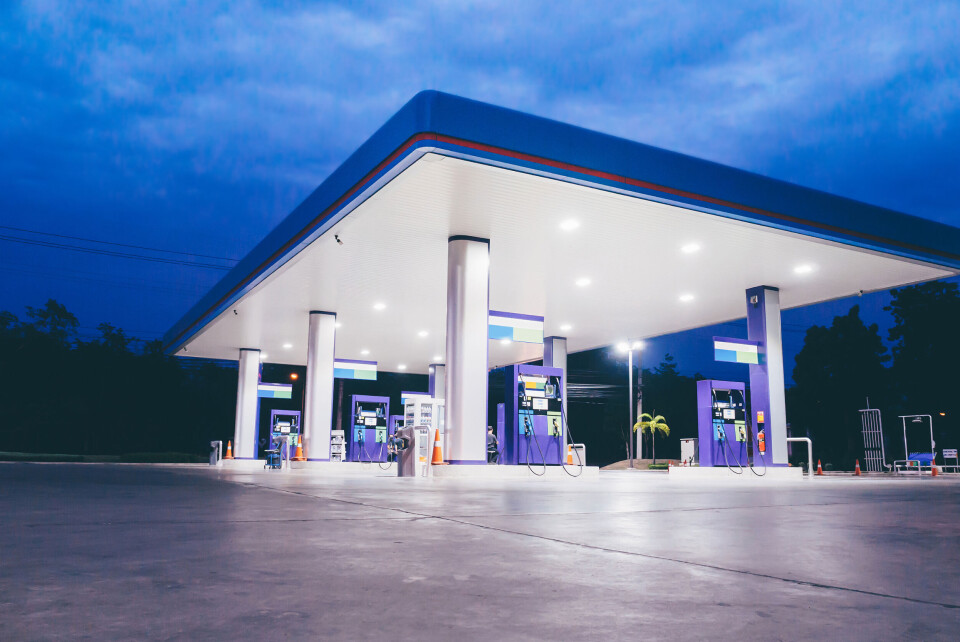-
Many Société Générale customers to be charged additional fees from April
There is some good news for international banking and instant transfers, however
-
Why gas prices in France are rising in April - and by how much
It comes after six consecutive monthly rises. Try these tips to reduce your bills
-
New notaire data suggests easing of Paris property crisis
Property experts have talked of ‘easing pressure’ and ‘breathing space’ after a four-year slump
French fuel price rises: How much of what drivers pay is actually tax?
The cost of the fuels and their refining process only account for 30% of prices

Fuel prices have surged in France and around the world in recent months and are expected to continue increasing amid the uncertainty caused by the war in Ukraine.
Read more:Conflict in Ukraine: Petrol prices hit record highs in France
Although prices dipped slightly over the weekend, diesel, SP98 and SP95 are still topping €2 per litre across the country.
Only around 30% of this price comes from the cost of the crude oil and the refining process, and much of the remainder comprises various different taxes.
Some 7% of the price originates from the cost of transporting and distributing supplies, and of maintaining petrol station operations. Around one cent per litre is also added to provide the supplier with a profit margin.
Beyond that, fuel rates are mostly made up of VAT and taxe intérieure de consommation sur les produits énergétiques (TICPE), which is a consumption tax applied to energy products, and is recalculated year on year. It can also be increased by regional authorities, leading to price variations depending on the area.
The gilets jaunes protests in 2018 led to TICPE rates to be frozen for four years, and so it will not be put up this year. In 2021, the tax was at 68.29 cents per litre for SP95-E5 and SP98, 66.29 cents per litre for SP95-E10 and 59.40 cents per litre for diesel.
This explains why there is generally a price difference between petrol and diesel.
VAT (TVA) is calculated at 20% of the total petrol price including to the TICPE, meaning that the total due depends on the fluctuating price of fuel.
There is also an indirect tax on fuel called the taxe générale sur les activités polluantes TGAP, which is applicable to businesses and activities which produce harmful emissions or waste. With regards to fuels this tax is called the taxe incitative relative à l’incorporation de biocarburants (TIRIB).
Normally, VAT, TICPE and TGAP will therefore constitute around 60% of the price you see displayed outside a petrol station.
Related articles
French fuel prices to be reduced by 15 euro cents per litre in April
EDF bosses and staff oppose ‘crippling’ electricity bill cap in France
Use of car-sharing apps soars in France as fuel prices hit €2 a litre
























